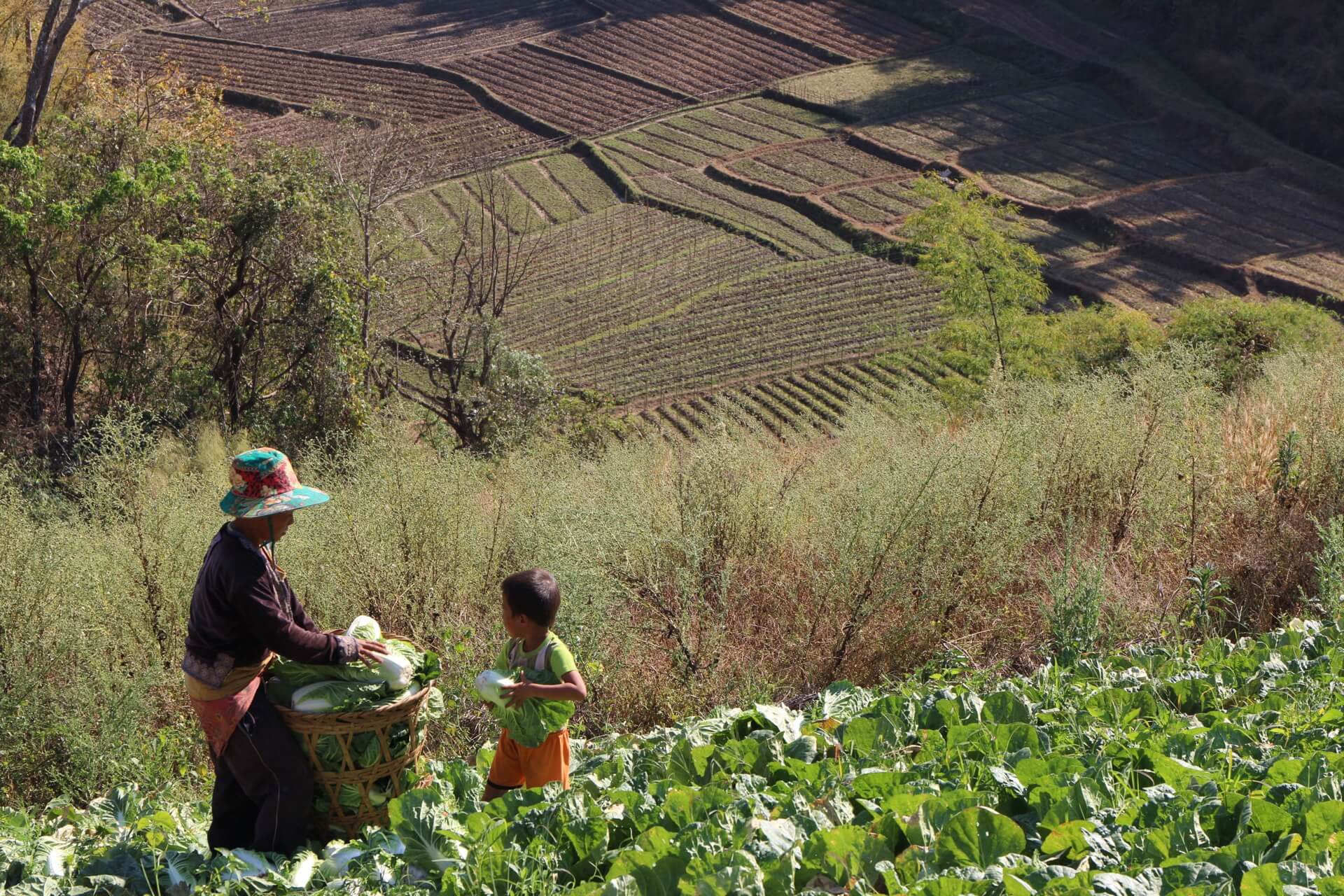Sinne Borby Ørtenblad
The supermarket revolution and traditional markets – an investigation of dynamics of agri-food value chains in Thailand
In the last two decades, food distribution in the global south has been characterized by the emergence and geographical diffusion of modern retailers – referred to in the literature as the 'supermarket revolution'. Previous research has documented that international supermarket chains have increased control over product flows in agricultural value chains and implemented more demanding food standards, resulting in the exclusion of traditional wholesale markets, retailers and small farmers. Yet, traditional markets persist and are widespread in many regions of the world and a significant range of intermediate actors who link the farm gate with food retailers consists of informal, often unregistered small-scale traders and other intermediaries typically associated with traditional markets. Nevertheless, interactions between traditional and modern markets are largely overlooked in previous studies.
This PhD study explores the co-existence and 'spaces of interaction' between traditional and modern (supermarket) value chains as well as implications for actors and product flows along two different smallholder-based agri-food value chains in Thailand. The research is based on data collected in Bangkok and Chiang Mai province in 2018 and 2019 through a mixed-methods approach involving smallholder household surveys and interviews. Analytically, the thesis is based on global value chain analysis. Particular emphasis is placed on contextual factors, on how local embeddedness influences governance of the value chains, and on actors' perspectives on development dynamics (upgrading) in the chains.

The thesis concludes that modern and traditional value chains are not separated into different 'filaments' as previous studies have shown. Smallholder farmers and traders, geographically spanning villages in rural areas to provincial and national wholesale markets in urban centers, participate in the production and sale of fresh vegetables that end up in both traditional wholesale and retail markets and in supermarkets. The various retailers perform pivotal roles in product differentiation and coordination of the chains. This functioning system provides few incentives for modern food retailers to develop a tightly coordinated value-chain filament with a parallel system of more efficient and controlled production and sourcing processes. Furthermore, the study’s exploration of the nature and scope of the trade transactions between the actors reveals that social relationships are central to transactions along the chain, as well as to both business and economic relations.
Combining different (traditional and modern) sales channels allows production and sale to different end markets with differing product requirements and small farmers and traders, typically associated with traditional markets, remain integrated in the modern retail trade. However, power asymmetries are still present and the smallholders, and to some extent the different traders, are subject to market structures characterized by the greater bargaining power of downstream buyers and product differentiation in the segments of the big traders and supermarkets’ preferred traders. This leads to ‘lock-in’ conditions, which hamper upgrading opportunities for smallholders in particular.
The thesis further concludes that retailers associated with supermarkets produce more product waste (42 percent waste) than those less bound to 'cosmetic standards' in traditional markets (18-24 percent). The coexistence of traditional and modern value chains can thus have positive effects in relation to reducing product waste through agri-food value chains. This can be contrasted with the commonly encountered narrative that traditional food systems are static and inefficient.
